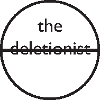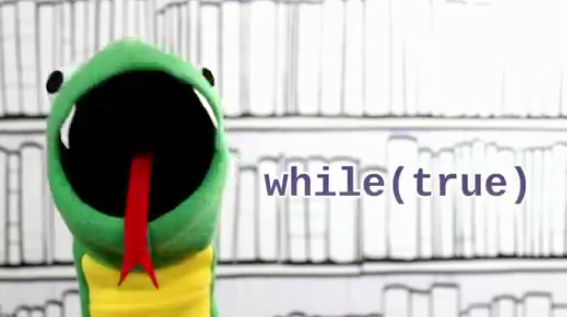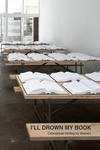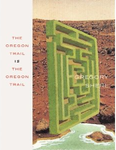Is ppg256 Green?
I recently answered a series of interesting questions about ppg256, questions that pertained to digital preservation among other issues.
I just wanted to share the one that I thought about the longest. Although I care deeply about properly addressing issues of energy use, recycling, and ethical sourcing of computer components, I think that there are some problems with putting a great deal of weight on these when one is specifically in digital art and digital poetry contexts. I was asked:
What effect does the environment, both location and ecology, have on the
work? Does it have long term implications such as power usage, recycling,
etc? Are those addressed in the work itself?









